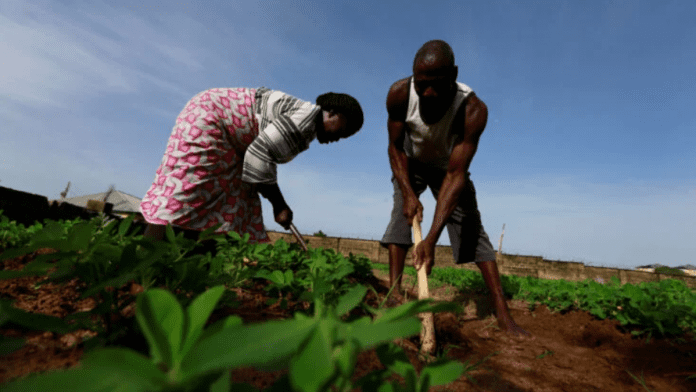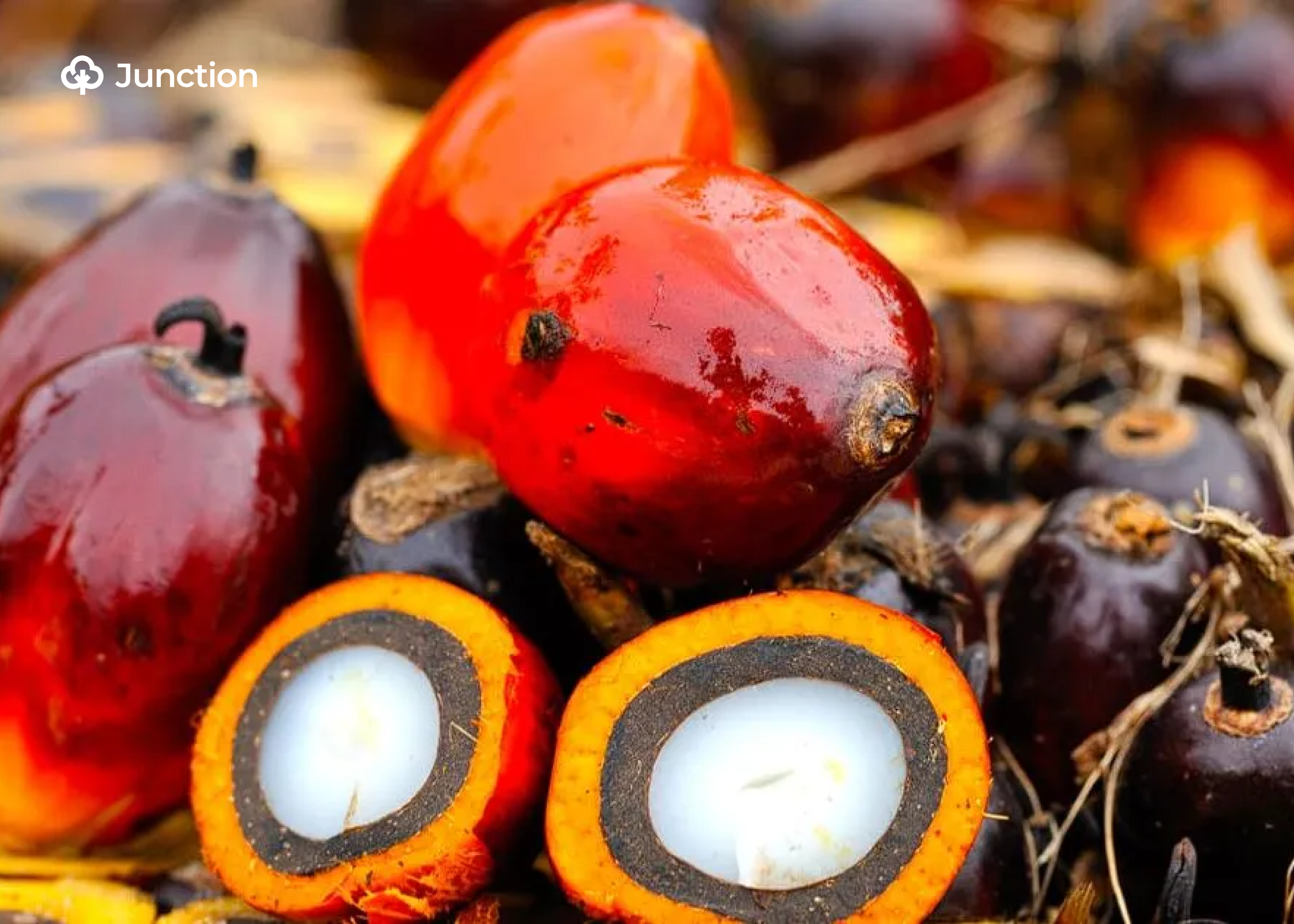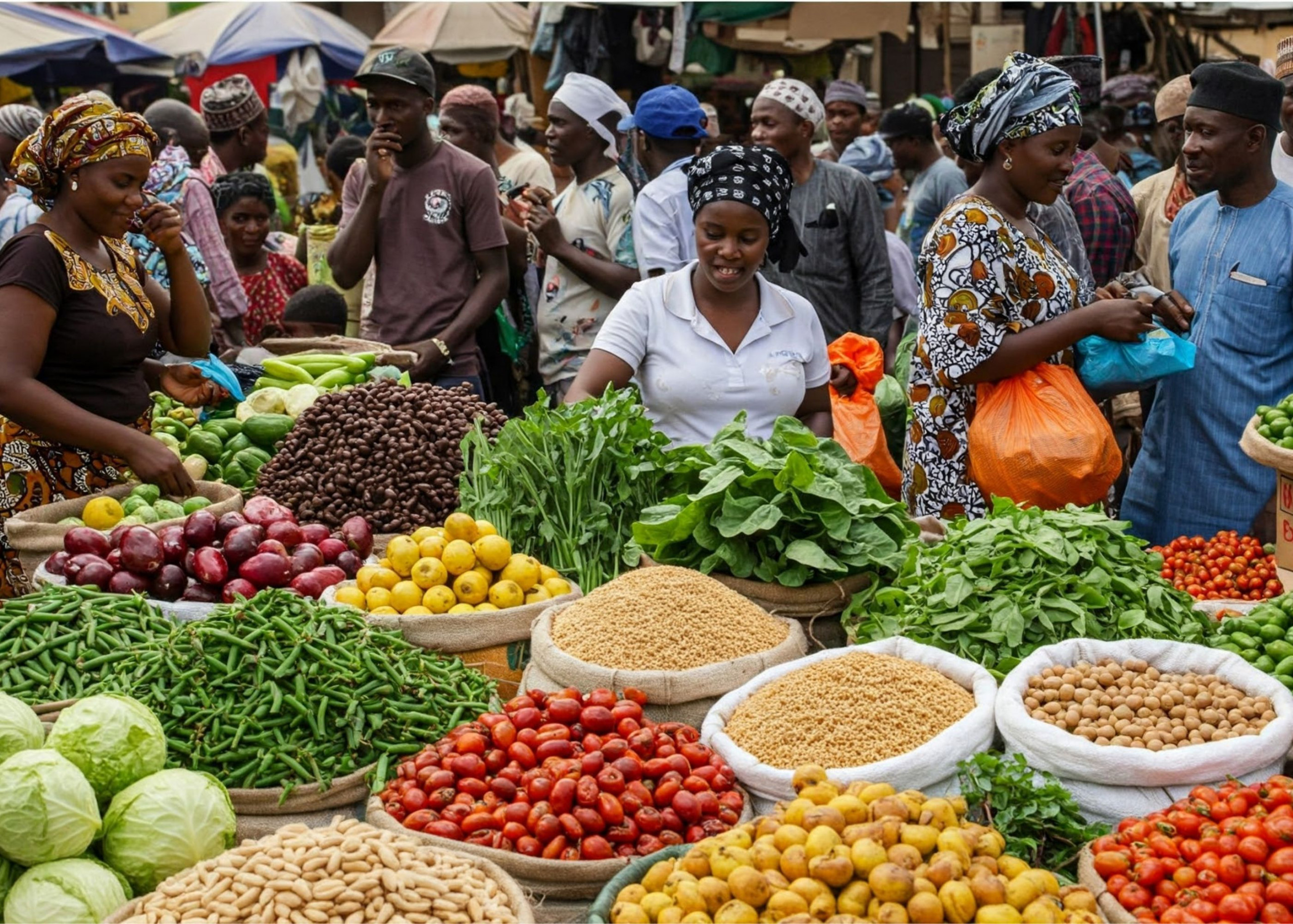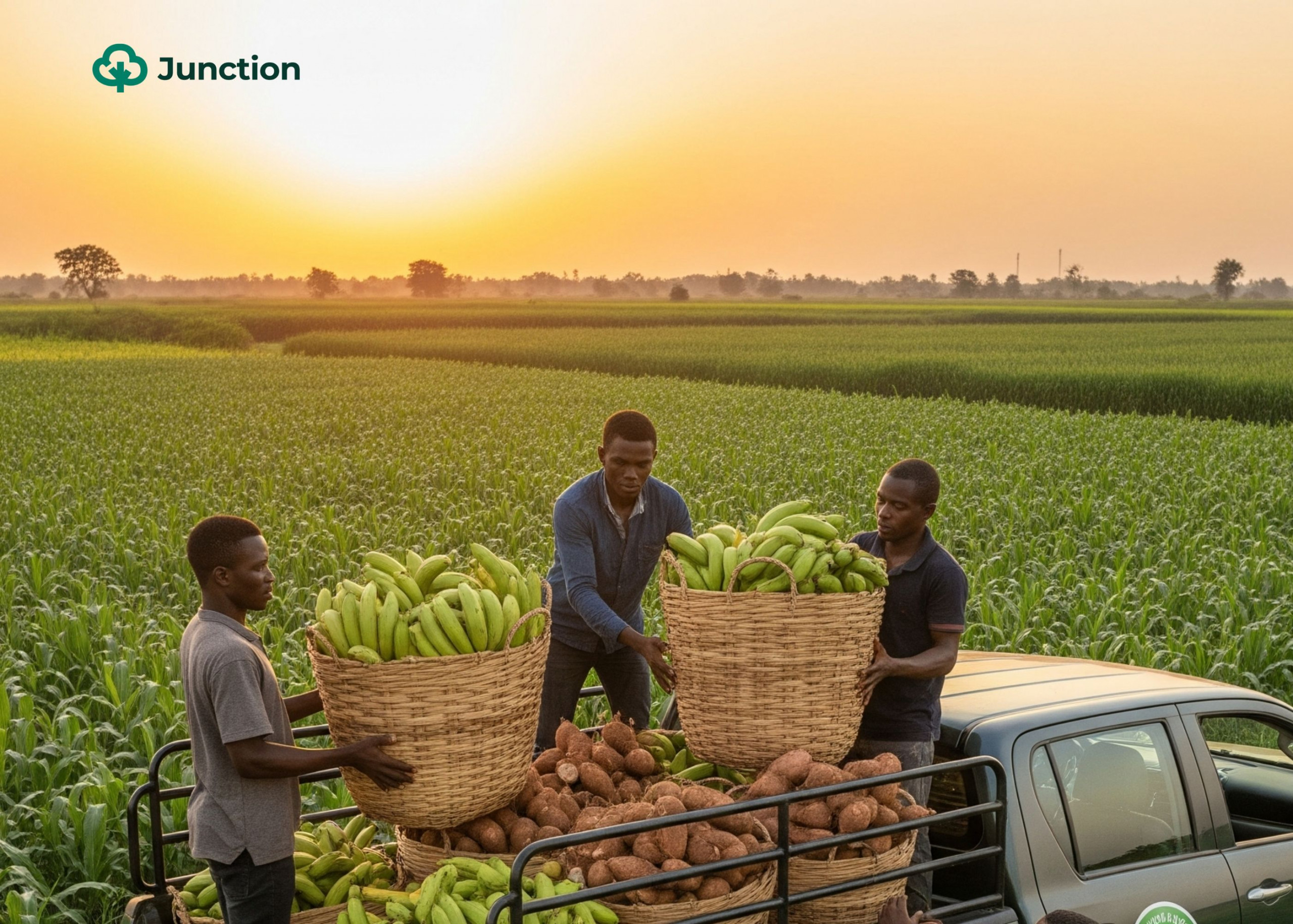News in brief: In Nigeria, the agricultural sector, particularly crop production, plays a significant role in the country’s GDP, with potential for growth through infrastructure investment and technological advancements.
Gross Domestic Product (GDP) is a key economic indicator that measures the total monetary value of all goods and services produced within the borders of a country or region during a specified period, typically a year or a quarter.
It is a vital economic indicator because it measures economic activity i.e., production of goods and services, economic growth, standard of living (GDP per capita), comparative analysis and economic policy. Nigeria’s GDP is significant within Africa due to its large population, natural resources and untapped economic potential and regional influence.
The Agricultural sector, one of the major contributors (23% in q2 2023) to Nigeria’s economy, is made up of sub activities such as crop production, livestock, forestry and fishing.
Crop production is the sector’s primary driver as it contributes the highest amount to Agricultural GDP. According to a recent National Bureau of Statistics (NBS) report, this was 88.06% of the overall nominal value of the sector as of the second quarter of 2023. This can be seen in Table 1 below, which shows the total GDP of Agriculture and the breakdown of each sub-activity. It is evident from this that crop production is the highest driver.

Real agricultural GDP in Nigeria Q2 2023
Meanwhile, another important perspective to veiw the economy through is real GDP. This is the total value of all goods and services produced in a country in a given year, which is not distorted by changes in prices as it measures the quantity of goods and services produced at constant prices.
Nominal GDP, earlier explored, is not an accurate representation of the current state of the economy as it measures GDP at current prices without taking inflation into account. For example, if prices increase in a given year, nominal GDP will increase even if there is no change in the quantity of goods and services produced.
Thus, the chart below is vital as it shows the real GDP growth of the agricultural sector for the last six years.

Compared to Q2 2022, a year ago, there was an increase of 0.30% to 1.20%. The first quarter of 2023 showed a negative growth rate of – 0.90%. Thus, 2023 has seen a quarterly increase of 0.60% moving to 1.50% in Q2.
For Q2 2023, the overall real GDP grew by 1.50%, with livestock seeing the most growth (2.30%) followed by forestry and crop production at 1.88% and 1.82% respectively while Fishery grew by 0.29%.

The agricultural sector contributed 23.01% to overall real GDP in Q2 2023, this is a 0.23% reduction from the contribution seen a year ago (Q2 2022) at 23.24%. However, it is a 1.35% increase from the first quarter (Q1 2023).
Overall, the Services sector which includes (trade, transportation, communications, finance, real estate, business services, tourism, education, healthcare) is the highest contributor to GDP followed by Agriculture and then the Industries sector (manufacturing, construction, mining and quarrying, utilities).
Room for growth
There is huge room for growth in the agriculture sector if it is to increase its contribution to Nigeria’s GDP. For one, investing in infrastructure and agricultural research to develop new crop varieties and livestock breeds more resistant to pests and diseases can improve the sector.
Another significant aspect is providing access to credit and subsidising agricultural inputs. Financing agriculture is a major problem in Nigeria for many reasons. Recently, the country’s agriculture-focused development bank lamented huge debts in one of its branches and customers’ defaulting.
The Tinubu administration had made huge promises to revamp the sector and since coming into power, they’ve made several seeming valiant efforts both at federal and state levels. As this insight shows, there has been improvement in agricultural gdp contribution compared to the previous quarter and in terms of year-on-year growth.



